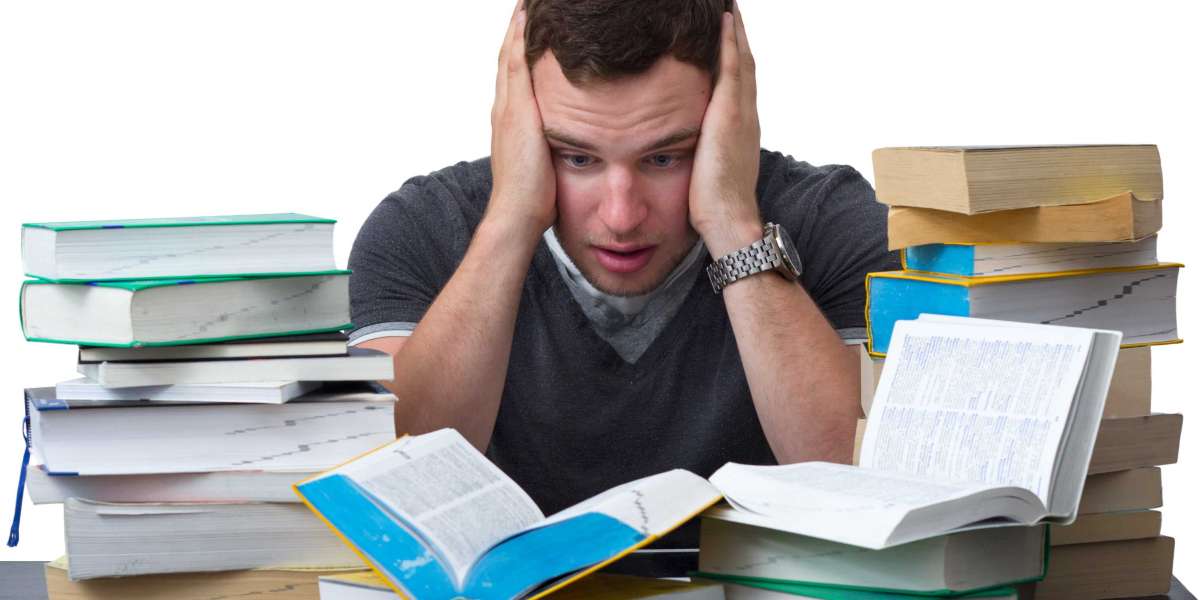Introduction: Why Airport Security Matters
Airports are critical infrastructures, serving as the backbone of global travel and commerce. With thousands of passengers and staff passing through every day, maintaining safety and order is non-negotiable. Threats such as terrorism, smuggling, theft, and unauthorized access require airports to maintain stringent security protocols. While technology plays a large role, human intervention remains irreplaceable. This is where security guards come in. They serve as the first line of defense, working round the clock to ensure that every aspect of the airport remains secure. From screening checkpoints to baggage handling areas, security personnel are strategically placed to deter threats and respond quickly to suspicious activity.
The Importance of Human Surveillance
Despite the advancements in surveillance technologies like CCTV, motion sensors, and biometrics, human surveillance remains irreplaceable. Trained security guards can analyze behavior, make real-time decisions, and de-escalate tense situations better than any machine. Their presence acts as a deterrent to would-be criminals and offers a sense of reassurance to passengers. Unlike static devices, human personnel can move, question, and react. In airports, where a single oversight could result in disastrous consequences, this human factor significantly boosts safety. Security guards complement automated systems by providing dynamic, responsive, and intelligent monitoring.
Crowd Management in Busy Terminals
One of the key responsibilities of airport security personnel is managing large crowds, especially during peak travel seasons. They ensure that passenger queues are orderly, boarding procedures are followed, and emergency exits are accessible. This may seem simple, but managing human behavior in a high-stress environment like an airport requires professionalism, communication skills, and conflict resolution techniques. Security guards are trained to remain calm under pressure, ensuring that panic doesn’t spread during delays or cancellations. Their active presence helps prevent overcrowding, keeps passenger flow smooth, and ensures that safety regulations are followed.
Access Control: Monitoring Sensitive Zones
Access control is a core part of airport security operations. Certain areas of an airport are off-limits to passengers and even some staff. Security guards control entry to these restricted zones, which may include control towers, baggage areas, and aircraft zones. Guards verify credentials, monitor surveillance feeds, and physically patrol these areas to ensure only authorized personnel are allowed access. Without this tight security, the risk of sabotage or unauthorized interference would increase drastically. By managing access points, guards uphold security standards and prevent potential breaches from escalating.
Pre-Boarding Security Checks
Security checks before boarding are arguably the most familiar function of airport guards. From checking boarding passes to screening luggage and monitoring metal detectors, guards ensure that no prohibited items are taken onto planes. These checks are crucial in maintaining aviation security. While machines scan bags, it’s the guards who interpret results, pull aside suspicious items, and question travelers. Their interaction with passengers also helps identify behavioral red flags that technology might overlook. This blend of human intuition and technology ensures thorough screening processes that minimize risks.
Emergency Response and Crisis Management
In emergencies such as fires, medical situations, or terrorist threats, trained security guards play a frontline role. They act as first responders, executing evacuation plans, directing people to safety, and coordinating with local authorities. Their training prepares them to stay composed under stress, use communication systems, and take control of high-risk scenarios. An airport without trained guards would be far more vulnerable during crises. Guards also conduct regular drills and safety checks to ensure readiness, enhancing overall emergency preparedness across the airport.
Conflict Resolution and Passenger Assistance
Airports can be stressful, leading to conflicts among travelers, airline staff, or even between travelers and airport rules. Security guards are trained to defuse these situations professionally. Their presence helps prevent escalations and assures the public that help is at hand. Guards also assist passengers with directions, lost items, and special needs services. This dual role—security and support—adds to the airport’s operational effectiveness and enhances passenger experience. Friendly yet firm, guards strike a balance between enforcing rules and helping travelers.
Securing Baggage Handling Areas
The baggage handling system is one of the busiest parts of an airport and a prime target for theft. Security guards are deployed in these areas to prevent unauthorized access and monitor suspicious activities. Their vigilance ensures that luggage reaches its destination without tampering or loss. Guard presence here also supports the logistics team, ensuring that the movement of cargo is uninterrupted and secure. With frequent shifts and high foot traffic, continuous monitoring is essential to deter internal and external threats.
Supporting Customs and Border Protection
While customs officials primarily handle immigration and goods declaration, security guards support these departments by managing queues, helping with detainee handling, and monitoring suspicious behavior. This collaborative work improves efficiency and strengthens overall security. Guards often act as the eyes and ears of customs officers, especially in pre-check and secondary inspection areas. By working together, these departments create a comprehensive net that protects the airport from illegal activity.
Security During Aircraft Servicing
Aircraft on the ground require various maintenance services, from fueling to catering. These activities occur in restricted zones and involve multiple vendors. Guards stationed in these areas ensure that only authorized service providers access the aircraft. They also keep an eye on tools, chemicals, and food items to prevent tampering. During layovers, guards may also secure aircraft interiors, ensuring nothing is stolen or placed inside illegally. By supervising these activities, security personnel prevent vulnerabilities from being exploited.
Role in VIP and Diplomatic Security
When dignitaries, celebrities, or political figures pass through airports, special security arrangements are made. Trained guards manage these scenarios, maintaining a secure environment without disrupting normal operations. They work with private security and aviation authorities to create safe transit routes and waiting areas. These guards must maintain high discretion while being vigilant against threats.








